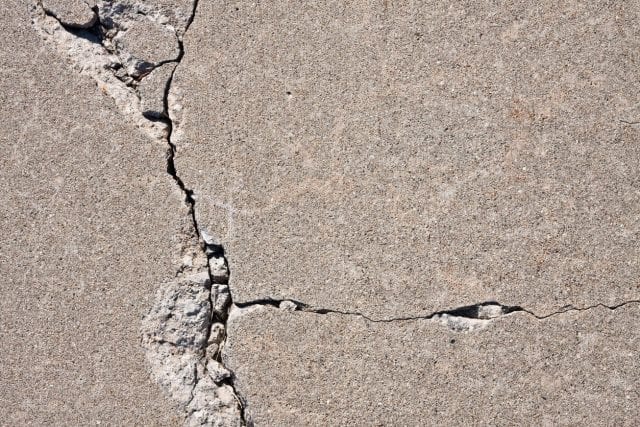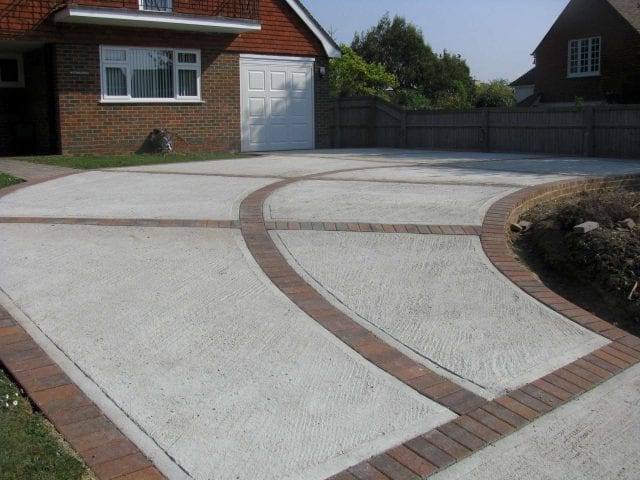
There are many reasons to love concrete driveways. Not only do they look good but are strong and inexpensive to maintain when compared to driveways made of other materials. What’s more, concrete driveways have longevity. With periodic maintenance, they can last over thirty years.
However, concrete driveways need extra care in the winter. While they are resistant to heat, they don’t do as well in the bitter cold. Concrete can heave, crack, or buckle in the coldest climates if the right precautions aren’t taken.
If you live in a part of the world that experiences harsh winters, then you need to take a few steps to protect your concrete driveway. Start working on your driveway in the summer so you can get it ready in time for winter.
1. Check Your Driveway
Drive your car off the driveway and study it for cracks. Tiny cracks are normal and can be the result of aging. You can fill them in with a sealant.

However, wider spiderweb-like cracks are a sign of a deeper malaise. You may need professional help to repair them. Likewise, if there are potholes, drainage issues, or if your driveway is sinking, then you need to tackle these problems soon.
2. Seal Your Driveway
After your driveway has been repaired, it’s time to seal your driveway and block the passage of fluids. Sealing will protect it against oil leaks from your car, wet weather, and rock salt. With less water penetration, your driveway is also less likely to be damaged from the expansion of freezing water.
3. Consider Using an Alternative to Rock Salt
Certainly, rock salt feels like a necessity in regions that experience heavy snowfall and ice storms. Rock salt can mean the difference between walking safely to your car and slipping and landing on your back. But while the highly corrosive nature of rock salt makes it excellent for breaking down the ice, it can also be harmful to the environment.

Rock salt can harm your skin, erode the underside of your vehicle, and cause concrete driveways to flake. Instead of rock salt, you can try options such as potassium chloride, calcium chloride, sand, or kitty litter. Alternatively, you can also use a hot air snow-blower to melt ice without damaging your driveway.
4. Buy a Plastic Shovel
While a metal icepick or shovel can help break the ice, they can also damage the driveway. For shoveling snow, you can keep a plastic shovel to minimize the damage to the driveway.
5. Hire a Local Concrete Contractor
If you’re hiring a concrete contractor to repair or remove your driveway, then choose a local business that understands the demands of the climate on concrete. Click here to learn more about a concrete cutting contractor that has over 35 years of experience serving people in the coldest winters of Western Canada. These professionals are highly skilled, use the latest equipment, and are locally owned and operated. As a family-owned enterprise, they’ll offer personalized service.
These tips should help you maintain your concrete driveway in the cold. With a little vigilance, your driveway will last a long time. And if you have any concerns, don’t hesitate to reach out to the professionals.








